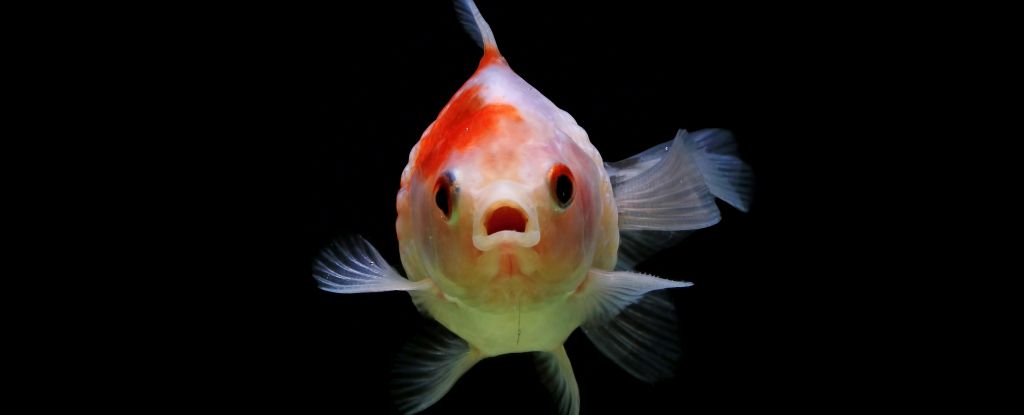As is now a long-standing custom, iFixit performed a full teardown of the latest iPhone—this time, the newly launched iPhone Air. These teardowns got pretty routine for a while, as Apple settled into a fairly consistent design for iPhones, but the new design of the iPhone Air offered an opportunity for compelling observations. Many of the important components—including the entire …
Read More »Tag Archives: finds
Love And Mental Health: Study Of 6 Million Couples Shows Partners Often Share Psychological Disorders – Study Finds
Love And Mental Health: Study Of 6 Million Couples Shows Partners Often Share Psychological Disorders Study Finds Study shows spousal correlation for psychiatric disorders Taipei Times New research explains why we are more like our spouses than we think. Psychology Today Research: Mental Disorders Affect Partner Choice and Risk to Children 112.ua Source link
Read More »‘Completely unexplained’: James Webb telescope finds strange ‘dark beads’ in Saturn’s atmosphere
The James Webb Space Telescope has discovered strange “dark beads “above a four-armed star pattern in Saturn’s atmosphere. The surprising structures are unlike anything scientists have seen before, and they’re not sure what they are. The unusual features were discovered by the James Webb Space Telescope‘s (JWST’s) Near Infrared Spectrograph (NIRSpec) as it peered into the gas giant’s atmosphere above …
Read More »Using AI Increases Unethical Behavior, Study Finds
People are far more likely to lie and cheat when they use AI for tasks, according to an eyebrow-raising new study in the journal Nature. “Using AI creates a convenient moral distance between people and their actions — it can induce them to request behaviors they wouldn’t necessarily engage in themselves, nor potentially request from other humans,” said behavioral scientist …
Read More »Fish Buttholes May Be The Reason We Now Have Fingers, Study Finds : ScienceAlert
The reason we humans have fingers today may all be thanks to a fish’s clacker. New research into the origins of digit formation shows that the DNA switch controlling finger and toe development got its humble start regulating the formation of fish cloacas, 380 million years ago. It’s a beautiful illustration of nature’s “waste not, want not” ethos in action: …
Read More »Americans view United Nations as necessary, but ineffective, poll finds – Politico
Americans view United Nations as necessary, but ineffective, poll finds Politico Source link
Read More »Testosterone levels linked to PTSD symptoms in both men and women, study finds – PsyPost
Testosterone levels linked to PTSD symptoms in both men and women, study finds PsyPost Source link
Read More »7 Member-Approved Fall Finds at Costco
Costco has started rolling out limited-time fall products in its stores, and members have shared their favorite finds online. The Costco bakery has several returning favorites in addition to a sweet new pastry. Halloween-themed products have also started appearing at Costco, as patrons prepare for October. Leaves are crunching underfoot, the days are getting shorter, and school buses are back …
Read More »5 Costco Finds Under $50 That Make You Look Rich – AOL.com
5 Costco Finds Under $50 That Make You Look Rich AOL.com Costco shoppers buzzing over September arrivals, from ‘wild’ offerings to ‘great value’ favorites Fox News 8 Fall Kirkland Items to Buy From Costco Right Now Real Simple 7 Best Costco Hidden Gems on Shelves This Week Eat This Not That Costco’s Men’s Fall Staple is Soft, Stylish and Versatile parade.com Source link
Read More »“The Earth May Not Be as Extraordinary as We Think”: Study Finds Earthlike Planets Are Common, but Not So for ‘Water Worlds’
An international team of scientists studying potential water worlds has determined that although sub-Neptune exoplanets made up of mostly water are likely rare, Earthlike planets may be much more common than previously thought. Led by researchers from ETH Zurich, the Max Planck Institute for Astronomy in Heidelberg, and the University of California, Los Angeles (UCLA), the findings may decrease the …
Read More »



:max_bytes(150000):strip_icc()/The-Best-Fall-Products-at-Costco-FT-BLOG0925-Hero-0b81fbae0f8343bf9581f19cbb8436a1.jpg)
